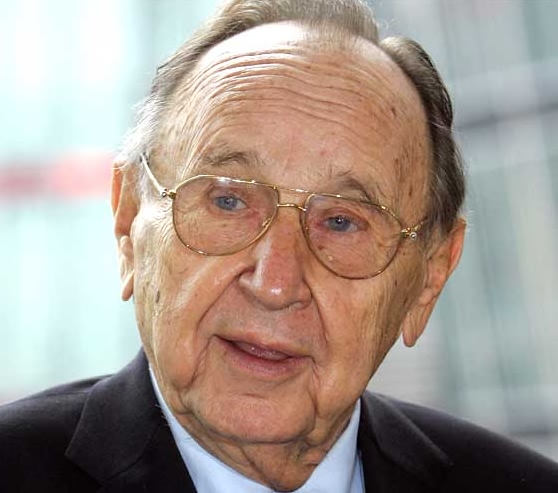Genscher makes historic return to Prague to call for EU unity
 Prague - Germany's former foreign minister made a historic return Wednesday to Prague, where 20 years ago he told East Germany's refugees they could travel West, to make a plea for European unity - and an implicit call to back the EU's Lisbon Treaty.
Prague - Germany's former foreign minister made a historic return Wednesday to Prague, where 20 years ago he told East Germany's refugees they could travel West, to make a plea for European unity - and an implicit call to back the EU's Lisbon Treaty.
Hans-Dietrich Genscher, now 82, was visiting Prague to mark two decades since his announcement at the German embassy on September 30, 1989, of an agreement allowing East German refugees to travel to the West.
In a speech the former foreign minister of West Germany called on Europe to speak with a single voice by drawing on the unprecedented level of unity it achieved 20 years ago when Communism collapsed.
Genscher's appeal appeared to be directed at Czech President Vaclav Klaus, a fierce opponent of the European Union's reform Lisbon Treaty, an accord that Genscher described as key to Europe's future role on the world stage.
He appealed to "everyone in Prague" to "never forget that the happiest hour in Europe, the year of a great fight for freedom in 1989, is not just a year of remembrance but also an obligation to further deeds".
Klaus' signature on the Lisbon Treaty is the last step required for the Czech Republic's ratification of the pact, which is aimed at boosting the EU's global standing by streamlining decision-making in the enlarged 27-member bloc.
The Czech Republic, with Ireland and Poland, are the final three countries that have not yet ratified the pact - which must be approved by all member states in order to come to force.
In a private lecture televised on the CT24 news channel, Genscher said that Europe must unite in order to play a major role in shaping the post-Cold War era.
"We cannot reach that if we will sing with many voices and not like a chorus that sings the same song," he said, speaking in German.
He urged Europe to respond in unison to US President Barack Obama's efforts to rid the world of nuclear weapons.
"I call on Europeans 20 years later to find a new European impulse" of unity, Genscher said. (dpa)